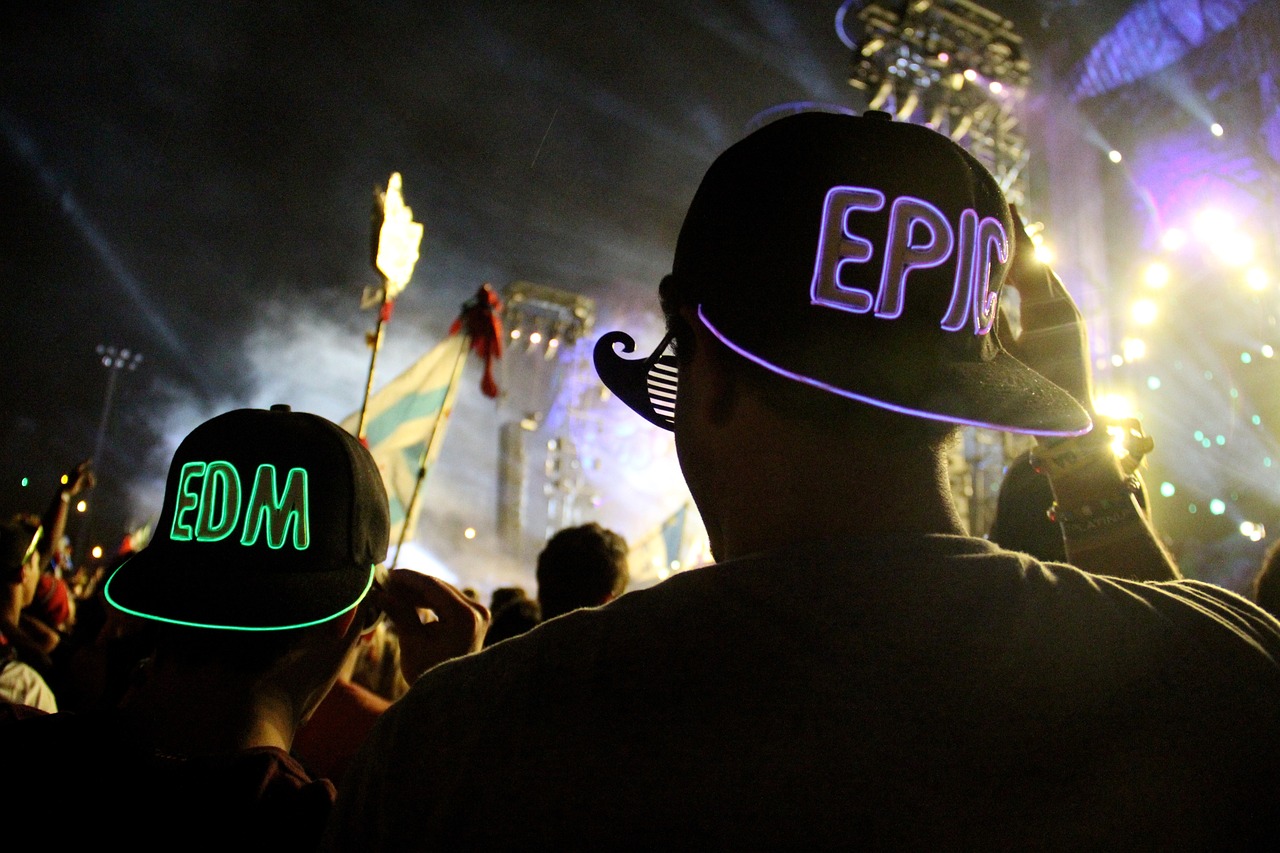Music Genre Trends for Live Performances in 2025.

Changes in music tastes and consumption channels continually evolve over time. It is essential that anyone involved in the curation process for music festivals keeps up to date with how different genres are trending. Booking relevant and popular artists a year in advance of a festival can be challenging, what is the current status of genre popularity?
Researching trending music genres can be difficult for music festival artist curation professionals. It’s easy to find artists and genres rising in popularity but it is important to understand how that music is consumed and by who. A rising artist or genre can have stunning live streaming numbers; however, this doesn't necessarily convert to live performance popularity. It is also essential to understand what audiences prefer when considering potential trending artists and genres. Whilst Hip-Hop streaming consumption continues to rise in popularity this genre has declined significantly when looking at live performances and music festivals, an example perhaps of a genre that does not sit well with festival-goers.
The Music Festival Sector Overview.
In 2024 the global market size of the music festival sector is estimated to be valued at USD 2158.2 Million represented by a geographic split of 30% in Europe where growth is expected to reach a compound annual increase of (CAGR) of 22.5% from 2024 to 2031 vs. a global growth CAGR of 24.00% over the same period. These numbers* indicate a healthy industry which is forecast to grow its value significantly over the next 7 years.
Current Genre Selection Status.
The largest music festivals continue to curate mixed genres with an emphasis on pop and rock music. Genre specific festivals are also now well established in Europe and the United States where the focus is on genres like rock, electronic dance music (EDM), jazz and folk for example. These boutique festivals may attract lower audiences, but they do build loyal followers which helps make them successful.
Genres Trending.
The larger music festival entities which focus on mixed genre curation of mostly pop and rock artists are starting to increase their genre diversity. They may recognise that they are losing festival-goers to genre specific festivals so expect the large mixed genre festival to start adding more EDM, jazz and folk music artists to their line-ups. Despite this continuing diversity of genre offering by pop/rock festivals the single fastest growing live music genre continues to be EDM. Electronic Dance Music has been the fastest growing genre in recent years now represents some of the world's largest single genre events matching the size of the more traditional pop/rock festivals.
For 2025 and beyond, curation professionals will probably be looking at increasing their diversity of genres to attract wider demographic audiences. In addition, artist selection is more likely to be based on how the artist and genre translate to a live performance environment, rather than the most popular streamed music. EDM has established itself as one of the most popular genres for a live music experience by festival-goers often linked to higher BPM sounds and accompanying light shows and is probably going to continue its popularity.
For festival organisers planning their next events using a software management platform like Festival Pro gives them all the functionality they need manage every aspect of their event logistics. The guys who are responsible for this software have been in the front line of event management for many years and the features are built from that experience and are performance artists themselves. The Festival Pro platform is easy to use and has comprehensive features with specific modules for managing artists, contractors, venues/stages, vendors, volunteers, sponsors, guestlists, ticketing, cashless payments and contactless ordering.
*Data courtesy of Cognitive Market Research
Image by _cbudd via Pixabay
<< Back to articles
Contact us
Get in touch to discuss your requirements.
US: +1 424 485 0220 (USA)
UK: +44 207 060 2666 (United Kingdom)
AU: +61 (2) 8357 0793 (Australia)
NZ: +64 (0)9887 8005 (New Zealand)